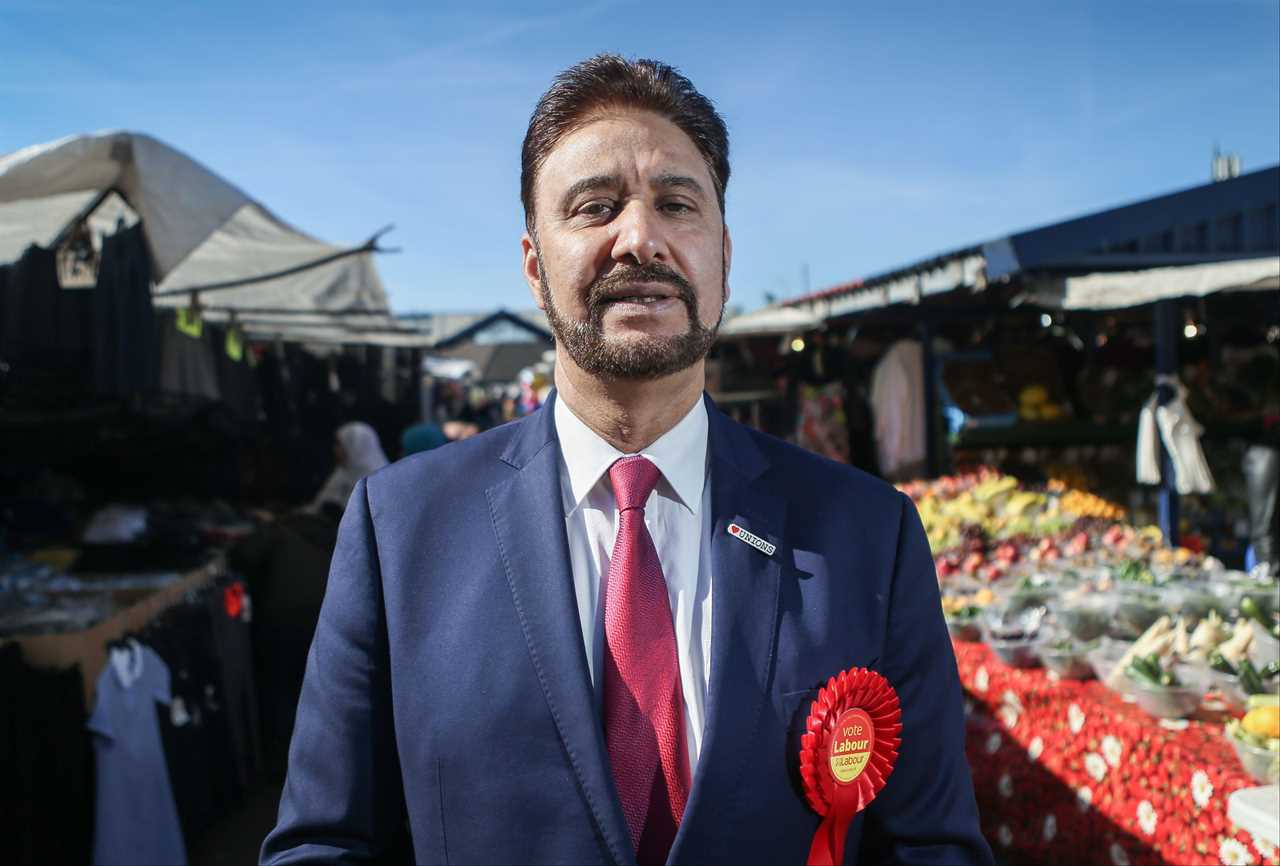
In a move that has stirred debate, a Labour MP has stepped down as the UK's trade envoy to Turkey following a trip to Turkish-occupied northern Cyprus. Afzal Khan, representing Manchester Rusholme, resigned from his role amidst concerns surrounding his visit to the self-declared Turkish Republic of Northern Cyprus, an area not recognised by the UK Government. Khan stated that the purpose of his trip was to visit family and receive an honorary degree, emphasizing that he personally funded the journey. This act of unofficial diplomacy has drawn criticism from the official Cypriot government in the south, labelling his actions as "absolutely condemnable and unacceptable." The longstanding presence of Turkish troops in the northern region of the Mediterranean island, dating back to 1974, adds complexity to the situation.
The Wider Diplomatic Implications
By resigning from his trade envoy role, Afzal Khan's actions have raised questions about the boundaries of diplomatic engagement and the intersection of personal relationships with official responsibilities. His visit to a politically sensitive region, coupled with the lack of recognition by the UK Government, underscores the complexities of international relations and the nuances of diplomatic conduct. How should MPs navigate personal connections in regions of geopolitical significance, balancing individual ties with broader diplomatic protocols?
Labour Party Dynamics and Leadership Response
The response within the Labour Party to Khan's resignation sheds light on internal dynamics and expectations regarding parliamentary conduct. Shadow foreign minister Wendy Morton's reaction, expressing approval for Khan's resignation but criticising the timing of Labour leader Sir Keir Starmer's decision-making, highlights the delicate balance of accountability and party loyalty in such circumstances. How does this incident reflect wider challenges within political parties when addressing controversies involving their members?
Implications for UK-Turkey Relations and Cyprus Conflict
Against the backdrop of historical tensions between Cyprus and Turkey, Khan's visit reignites discussions around territorial disputes and the enduring impacts of conflict on diplomatic engagements. The UK's stance on the status of Northern Cyprus, in line with international norms, underscores the complexities of balancing alliances and principles in foreign policy. How can diplomatic relations navigate such sensitive geopolitical issues while upholding ethical standards and respecting international law?
Broader Reflections on Parliamentary Ethics
As the fallout from Afzal Khan's resignation unfolds, broader questions emerge about the ethical responsibilities of parliamentarians in conducting international engagements and the transparency of their actions. The need for clarity on the boundaries of unofficial diplomacy and the implications of such engagements on diplomatic relations raises fundamental debates about the role of MPs in shaping foreign policy. How can transparency and accountability be ensured in the realm of unofficial diplomatic initiatives undertaken by public officials?
In a landscape where personal connections intersect with political responsibilities, the resignation of Afzal Khan illuminates the intricate web of diplomatic intricacies and ethical considerations that underpin international engagements. As the repercussions of this incident reverberate through political circles, it prompts a re-examination of the nuanced dynamics at play in contemporary diplomacy and the delicate balance between personal affiliations and official duties.
Did you miss our previous article...
https://trendinginthenews.com/uk-politics/analyzing-the-tensions-as-nigel-farages-call-for-reform-peers-in-the-house-of-lords-is-denied






